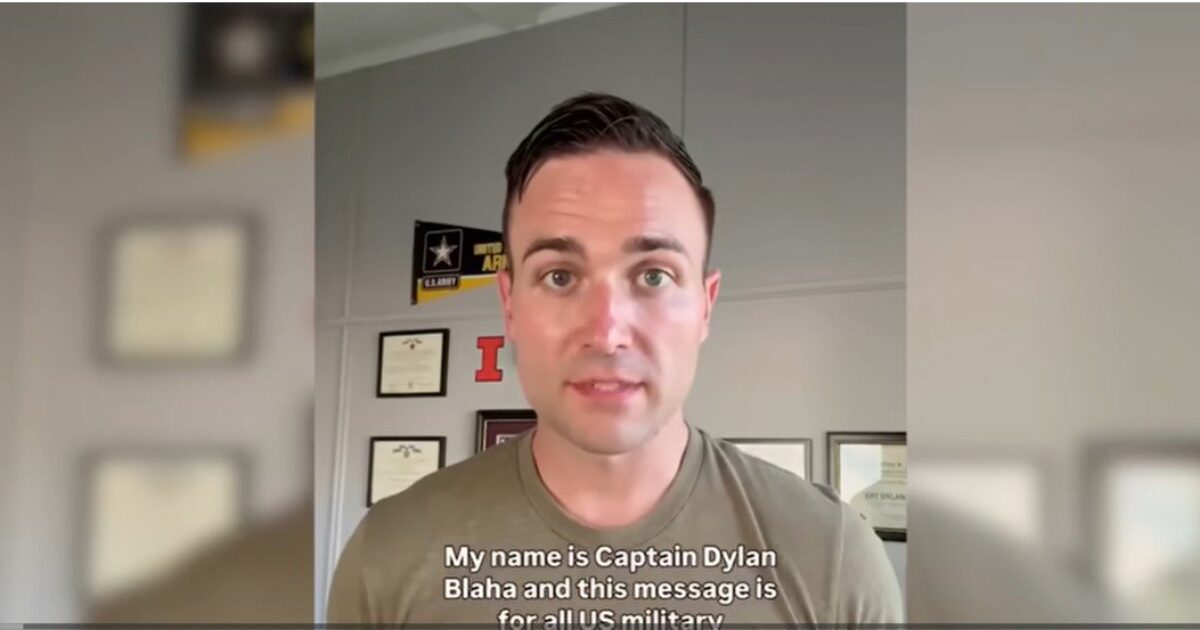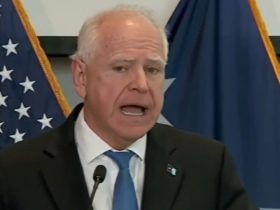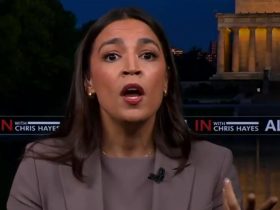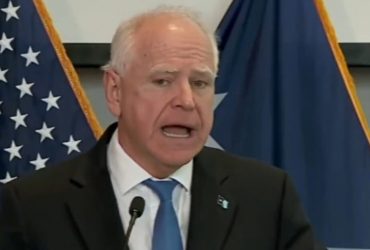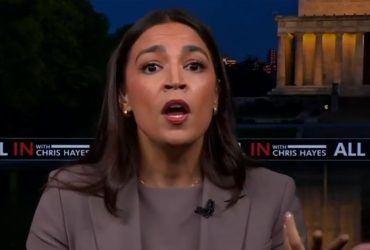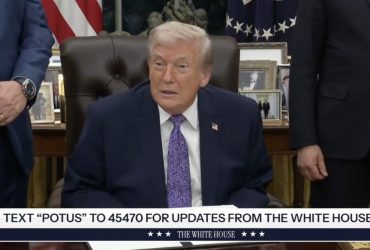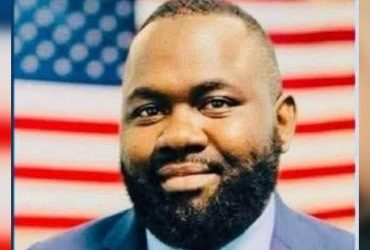Captain Dylan Balaha tells troops to disobey President Trump’s orders. Photo courtesy of Dylan Balaha, screenshot.
Numerous videos have surfaced on social media depicting individuals claiming to be active-duty military personnel, in uniform, instructing troops to disobey President Trump’s orders.
Some of these videos are likely fake, created by individuals engaging in stolen valor, pretending to be active-duty service members or veterans. However, others appear genuine.
This conduct seems to violate the Uniform Code of Military Justice (UCMJ), which has long prohibited U.S. servicemen and women from making political statements or media appearances in uniform.
These posts not only violate that prohibition but could also be interpreted as insurrection or incitement.
Social media companies have explicit rules against “calls to action,” which are not protected under the First Amendment of the U.S. Constitution.
Therefore, public calls to disobey lawful orders should be prohibited under both military and civilian law.
Yet because these posts target President Trump, social media platforms appear to ignore their own standards, while liberals applaud the so-called bravery of those who swore an oath and are now calling on others to break it.
One such video on YouTube, titled “Army Captain TELLS Troops to DISOBEY PRESIDENT’S ORDERS?!”, claims to show Army captain Dylan Blaha urging service members to defy orders if deployed under President Trump and Secretary of War Pete Hegseth.
The description reads, “An Army Captain is going viral after telling service members to disobey orders if deployed under Trump and Secretary of War Pete Hegseth.
He calls their actions ‘authoritarian’ and ‘fascism,’ warning troops about unlawful orders and invoking the Posse Comitatus Act.”
Another video titled “Army Drill Sgt Calls Out Pete Hegseth?! ‘Karma’s Coming…’” features Staff Sgt. Corina Martinez, who went viral after posting a TikTok about “karma” and respect in leadership.
The description explains, “An Army Drill Sergeant, Staff Sgt. Corina Martinez, has gone viral after posting a TikTok about ‘karma’ and respect in leadership.
Now she’s being accused of taking shots at Secretary of War Pete Hegseth after his hardline Quantico speech.”
It adds, “But here’s the twist — her video was made two weeks before the speech! So why is the internet dragging her now? Is this a witch hunt, or just another case of military TikTok spinning out of control?”
While the timing may seem significant to the uploader, it’s largely irrelevant in terms of potential violations of the Uniform Code of Military Justice (UCMJ). Whether before or after the speech, uniformed personnel publicly making politically charged statements can still face disciplinary action under military regulations.
Viewers, many of them veterans, reacted with anger to the captain’s video, calling for accountability and disciplinary action.
Comments ranged from warnings like “He will regret this hill” and reminders that “at least in the military there are serious consequences,” to accusations that he had violated the Uniform Code of Military Justice.
Several called him unfit to serve, urged a dishonorable discharge, or demanded a court-martial, while others dismissed the video as a political stunt meant to boost a campaign.
A number of veterans described him as the kind of “scumbag malcontent” Secretary Hegseth has vowed to remove from the ranks, viewing his statements as proof of the exact problem Hegseth has warned about.
It has long been the policy of the U.S. military that service members in uniform may not make political statements on camera. Recently, several personnel were suspended pending investigation for allegedly posting comments on social media that mocked or celebrated the death of Christian/conservative Charlie Kirk. Secretary of War Pete Hegseth directed all branches to take disciplinary action, calling such behavior a violation of the oath of service and “conduct unbecoming.”
The Pentagon reiterated that service members are always subject to the Uniform Code of Military Justice (UCMJ), including for online behavior, and must uphold military values both on and off duty.
Air Force Secretary Troy Meink issued a memo stating there is “no room for ambiguity,” adding, “Commanders at all levels shall not tolerate online social media conduct that violates the law or fails to live up to our core values.”
He reminded personnel that “airmen and guardians are personally responsible for what they say and do, including on social media.”
Officials clarified that Hegseth has not issued a new policy but is enforcing existing rules prohibiting harassment, discrimination, or extremist behavior online. Investigations are ongoing, and disciplinary actions will proceed under existing military regulations.
The Army’s official social media policy clearly states that “soldiers who are on duty or in uniform are prohibited from participating in any interview or discussion as an advocate for or against a party, candidate, or cause.”
Violations can be punished under the UCMJ for actions deemed “prejudicial to good order and discipline.”
Legal experts note that social media posts urging troops to disobey orders can lead to both military discipline and, in certain cases, criminal charges.
Under Department of Defense regulations and the Uniform Code of Military Justice (UCMJ), service members who encourage insubordination or undermine the chain of command may face administrative action or prosecution—for example, under Article 92 for failure to obey orders.
In civilian law, however, the Supreme Court’s Brandenburg v. Ohio test offers broader protection for political speech, permitting advocacy unless it is “directed to inciting or producing imminent lawless action” and likely to result in such action.
Only in those rare instances could federal statutes like seditious conspiracy (18 U.S.C. § 2384) or rebellion and insurrection (18 U.S.C. § 2383) apply, both of which require proof of intent and coordinated steps toward unlawful or violent acts.
This is not legal advice but a factual summary. Determining whether a specific video or statement meets the legal standards for incitement or conspiracy would require review by a qualified attorney, ideally one with expertise in military law.
In practice, under civilian law, prosecutions are highly fact-dependent, and most inflammatory posts do not meet the threshold for criminal charges because prosecutors cannot prove intent, imminence, or coordination.
However, under the UCMJ, service members can be punished with fines, separation from service, or even imprisonment.
The post Military Personnel on Social Media Call for Soldiers to Disobey Orders – A Violation of the Uniform Code of Military Justice appeared first on The Gateway Pundit.

